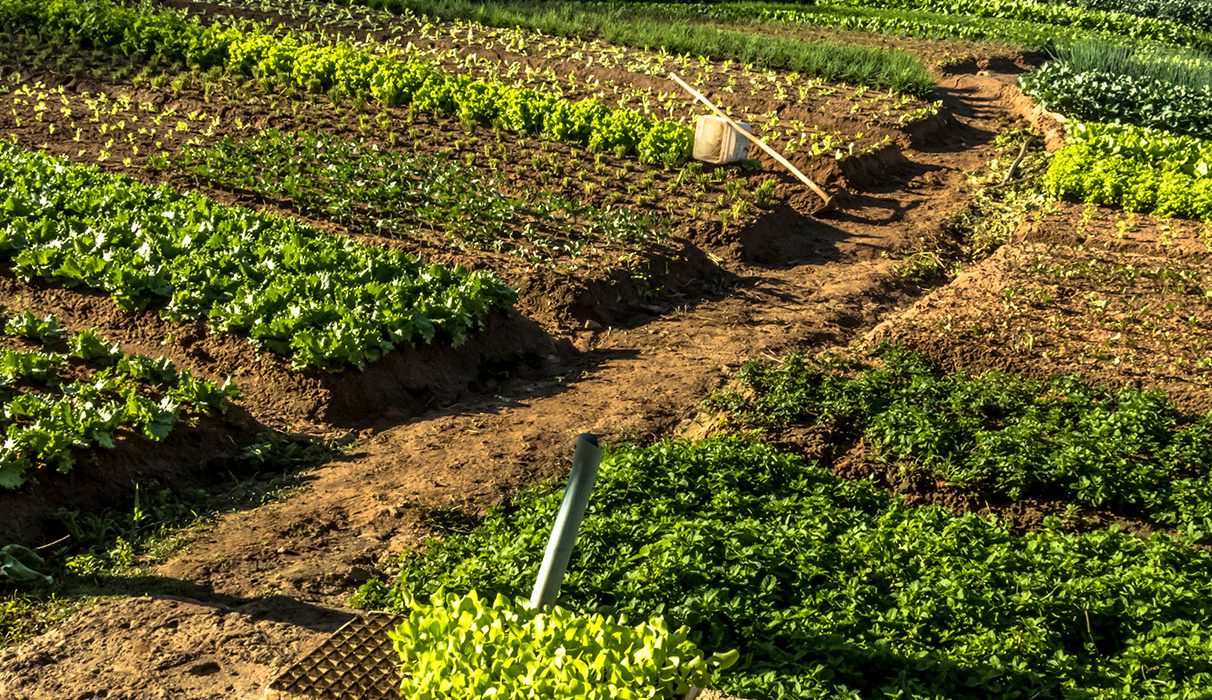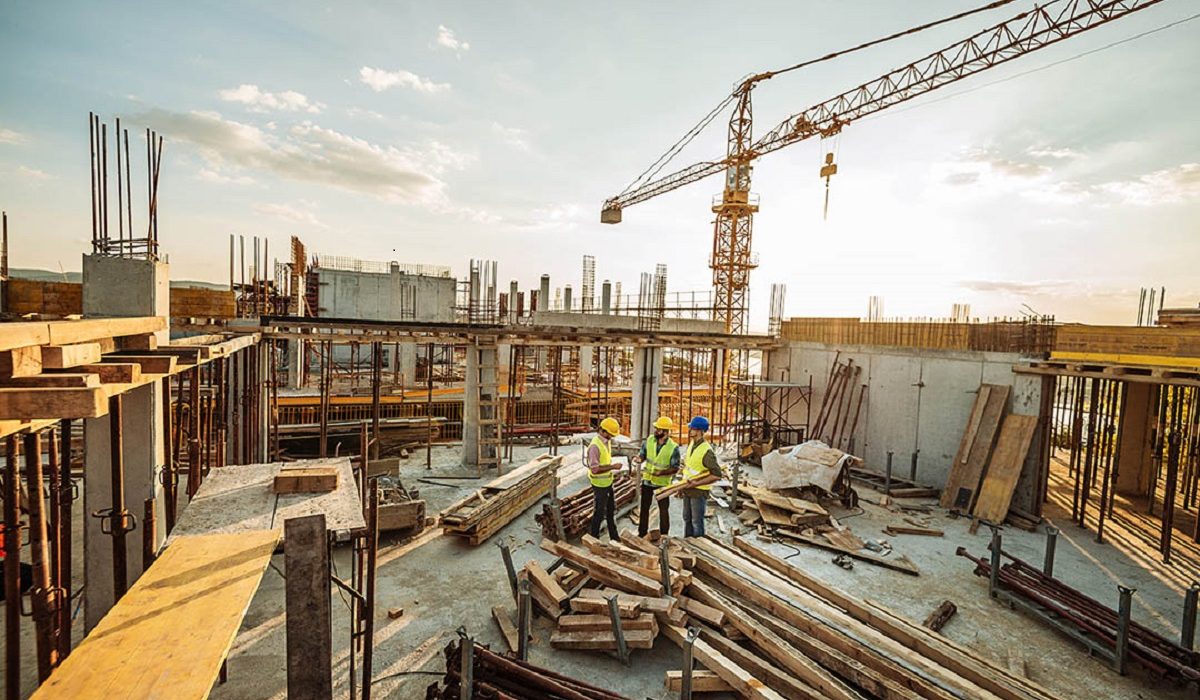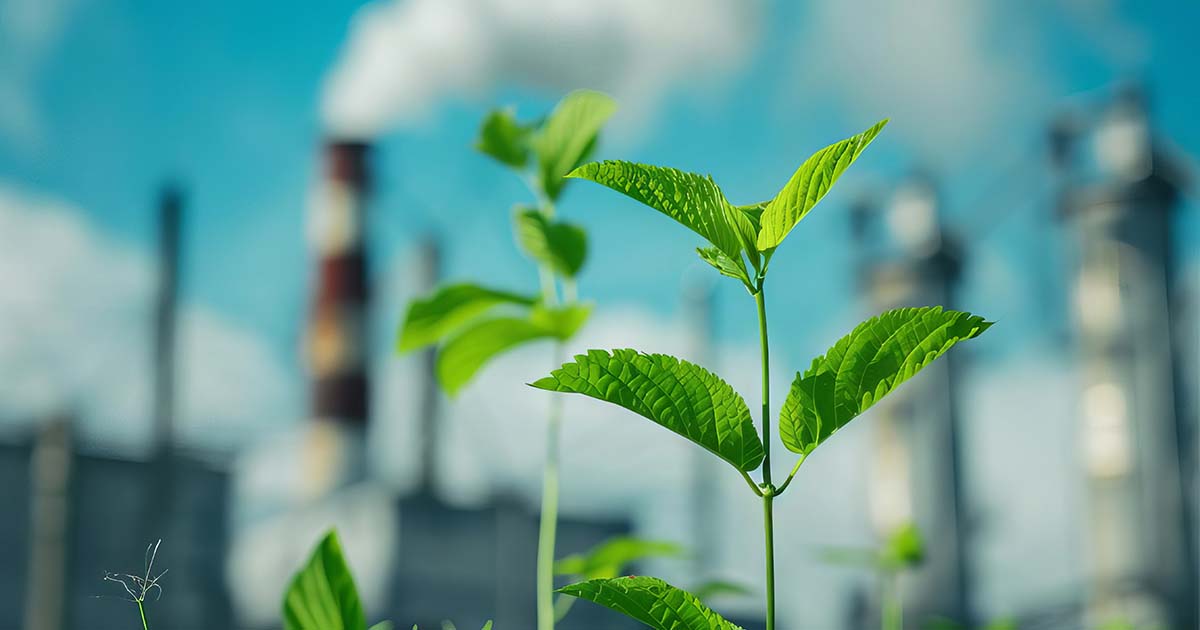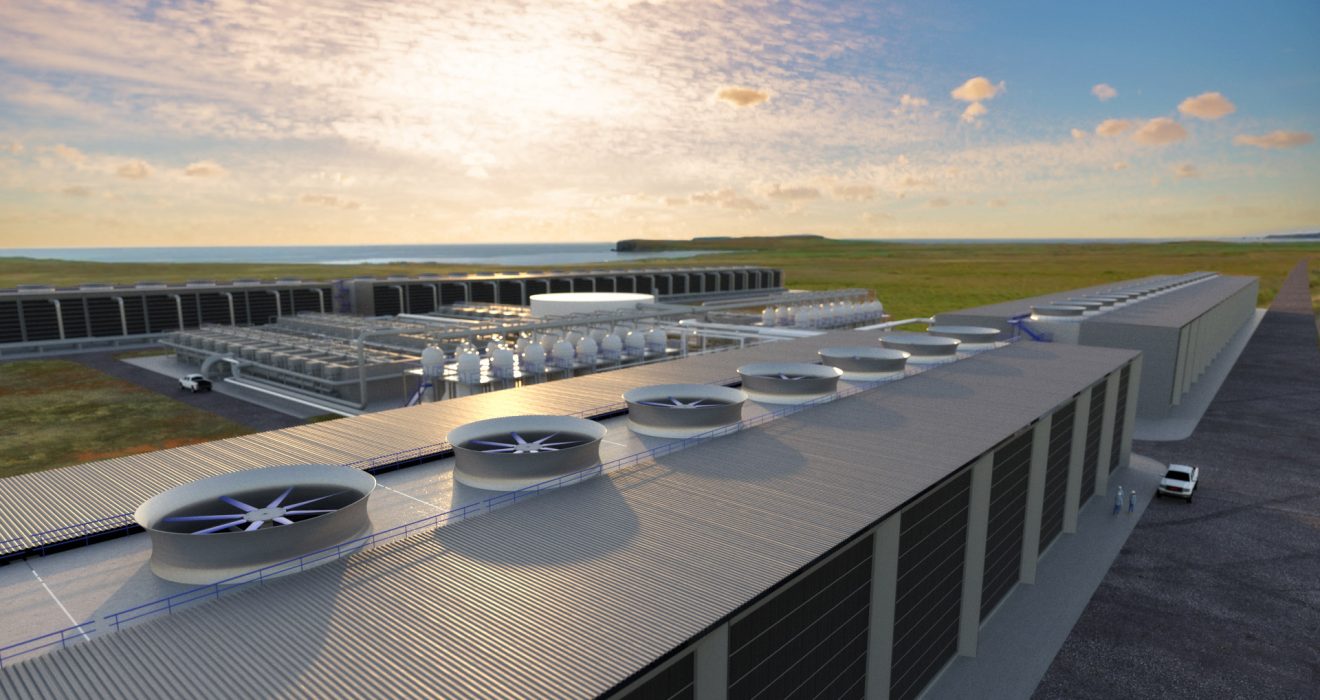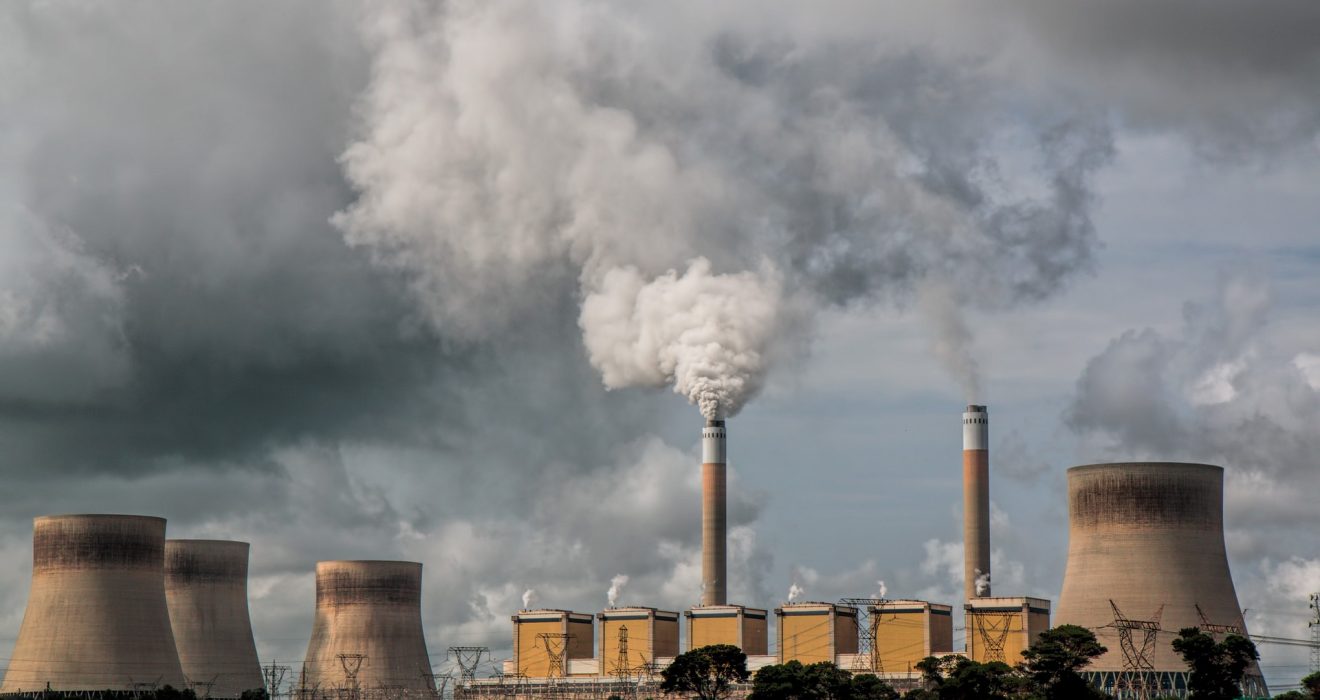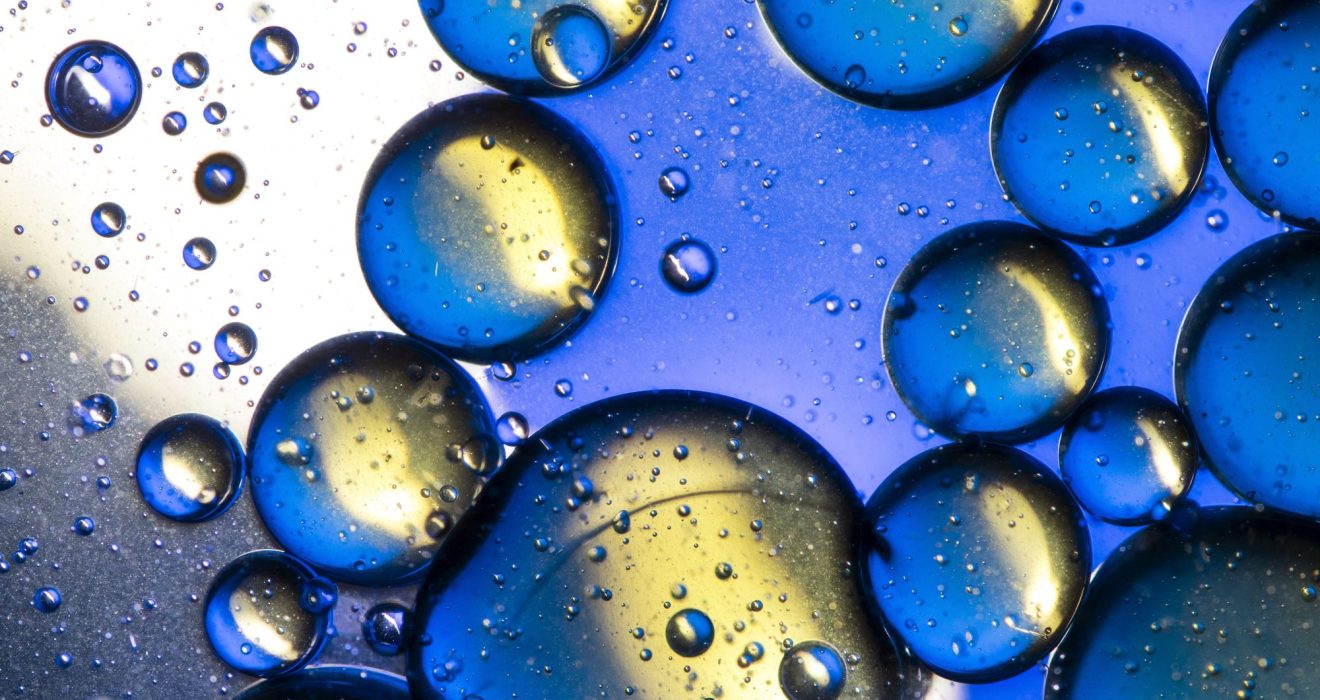A recent study led by Iowa State University researchers challenges the long-standing assumption that diversified cropping systems can significantly increase soil carbon sequestration. Although these systems offer several environmental benefits, carbon storage in soil is not one of them, according to the findings published in Nature Sustainability. This study raises [...]
